IUSSP Seminar on decision making regarding abortion—determinants and consequences
Nanyuki, Kenya, 3-5 June 2014
Organized by the IUSSP Scientific Panel on Abortion Research
Chair: Susheela Singh;
Panel members: Harriet Birungi, Agnes Guillaume, Ndola Prata and Sabina Rashid
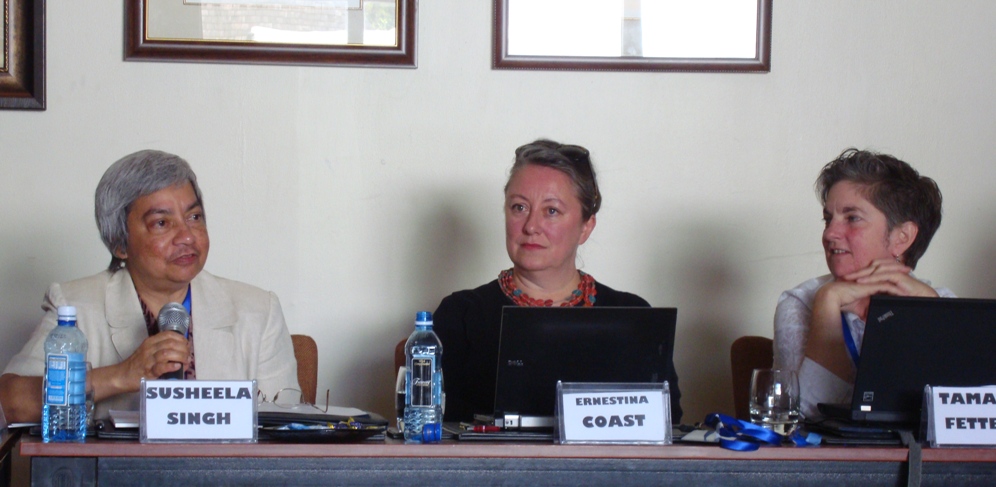
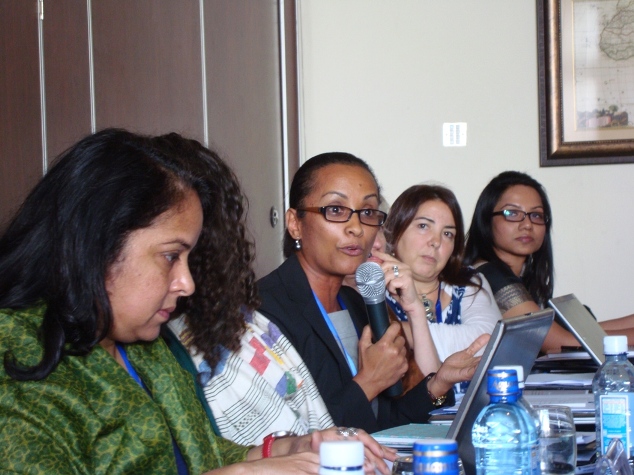
The papers present results from new studies based on both qualitative and quantitative data, propose new approaches and methodologies, and assess the advantages and disadvantages of existing methodologies, with the goal of advancing and guiding future work in this area. The decision making process regarding pregnancy resolution and abortion is insufficiently documented and poorly understood. The decision-making process related to pregnancy and abortion involves not only women but often other social actors such as male partners, family or community, medical institution and sometimes legal or religious institutions. In some societies women have little or no rights and autonomy regarding their own reproduction.
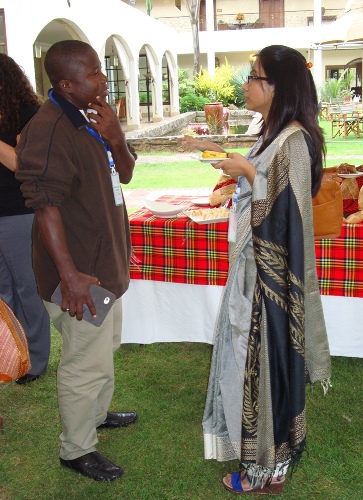 The 24 papers that were presented at the seminar addressed issues that included:
The 24 papers that were presented at the seminar addressed issues that included:
- social and economic factors and abortion;
- adolescents and abortion decision making;
- misoprostol and decision making;
- decision making and pregnancy outcomes;
- and there were three methodological papers.
Seminar participants came from all regions of the world and included both senior and junior scholars, including a few at the pre-doctoral stage.
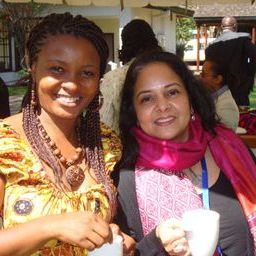 See also:
See also:
Publication Plan: Panel members are actively pursuing the possibility of having a large proportion of the papers published in a special issue of a journal and are discussing options with various journals.
Funding: The seminar was supported by funds provided by the IUSSP, and with additional technical and financial support from STEP UP (Strengthening Evidence for Programming on Unintended Pregnancy) Research Consortium, funded by UK aid from the UK Government, as well as financial support from a number of organizations: Bixby Center for Population Health and Sustainability, University of California, Berkeley; Centre Population et Développement (CEPED, France); Ipas; Venture Strategies for Health and Development (VSHD); and Venture Strategies Innovations (VSI).
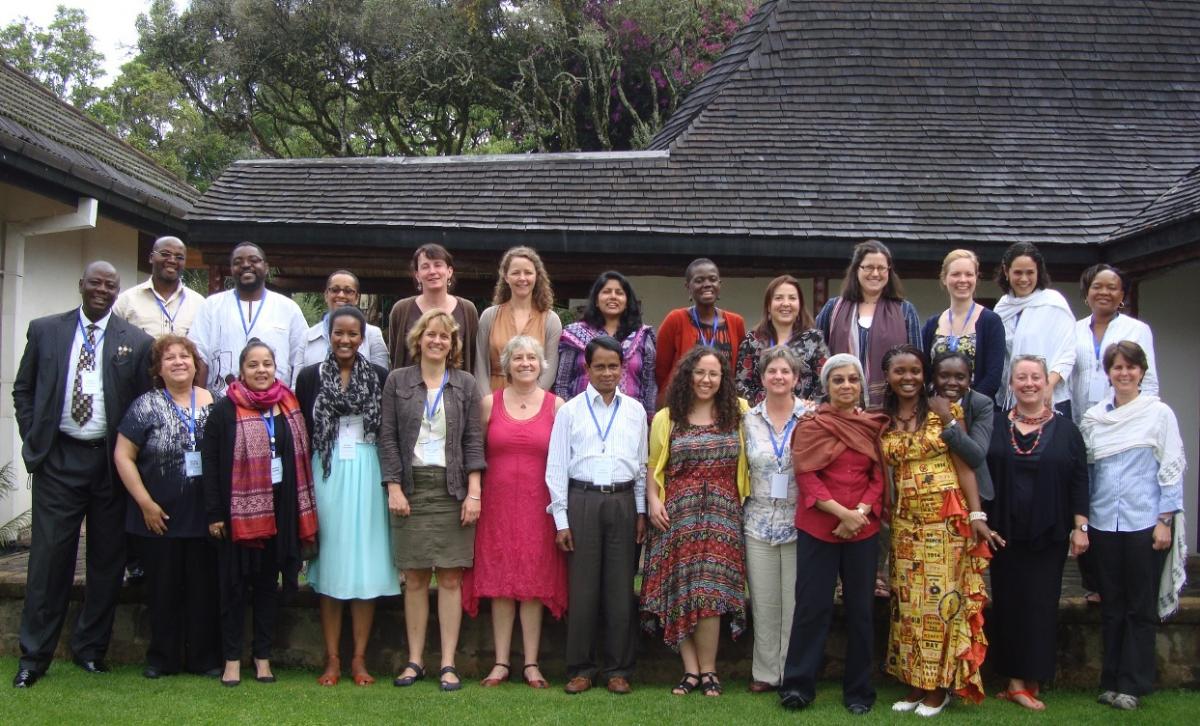
© Photos above were taken by Mary Ellen Zuppan
